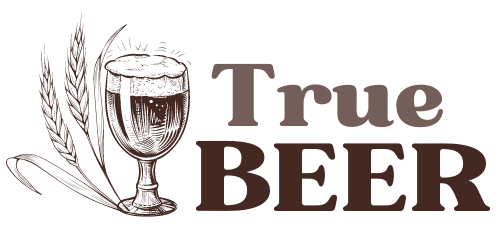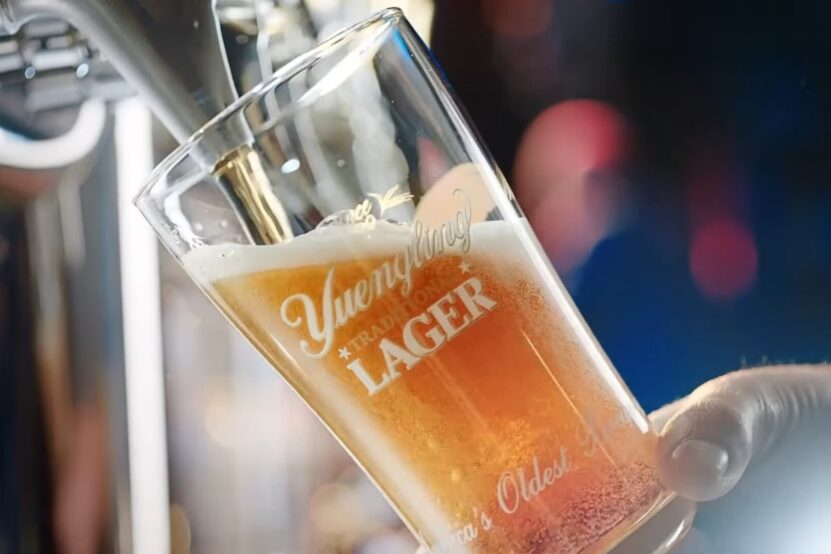Beer enthusiasts and novices alike have often found themselves in the intriguing situation of trying to correctly pronounce the name “Yuengling.” This iconic American brewery, founded in 1829, boasts a rich history and a diverse range of beers, making it a staple in the craft beer world.
However, the phonetic intricacies of its name can leave many uncertain about how to properly pronounce it. In this comprehensive guide, we delve into the nuances of Yuengling pronunciation, offering insights into its history, phonetics, and regional variations. By the end of this article, you’ll be well-equipped to confidently order your favorite Yuengling brew, regardless of the setting.
A Brief History of Yuengling
Before delving into the complexities of pronunciation, it’s essential to understand the historical context of Yuengling. Founded by David G. Yuengling, a German immigrant, in Pottsville, Pennsylvania, the Yuengling Brewery has stood the test of time as one of the oldest continuously operating breweries in the United States.
Its rich heritage and unwavering commitment to quality have contributed to its popularity, making it a recognizable name for beer aficionados.
Phonetic Components
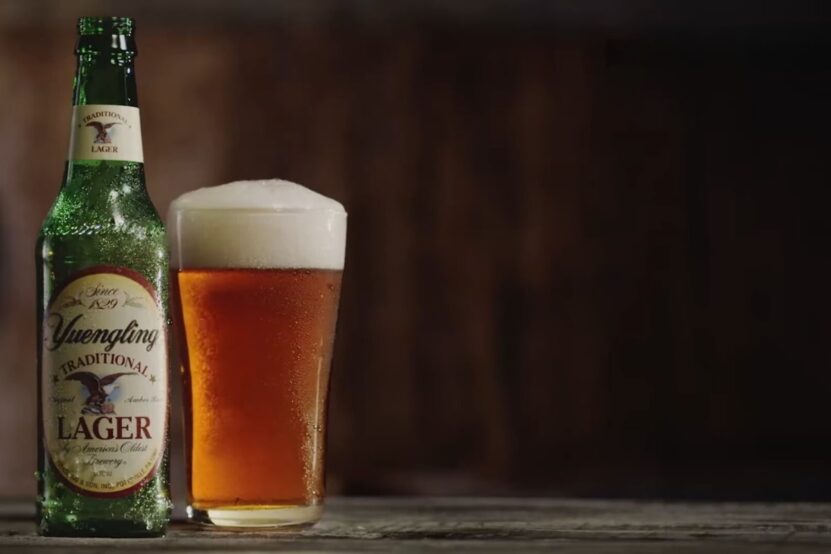
To master the art of Yuengling pronunciation, it’s helpful to break down the word into its phonetic components. The name “Yuengling” consists of two syllables: “Yuen” and “gling.” Let’s analyze each component:
- Yuen: The first syllable, “Yuen,” can be a bit perplexing due to the unconventional arrangement of letters. However, it’s pronounced as “Yoo-en,” with the “Yoo” sound resembling the vowel sound in “blue” or “flute.”
- Gling: The second syllable, “gling,” is relatively straightforward. It is pronounced as “gling,” with the “g” sounding like the letter itself and the “ling” resembling the ending of words like “cling” or “sling.”
Combining these components, the correct pronunciation of “Yuengling” sounds like “Yoo-en-gling.”
Regional Variations and Common Mispronunciations
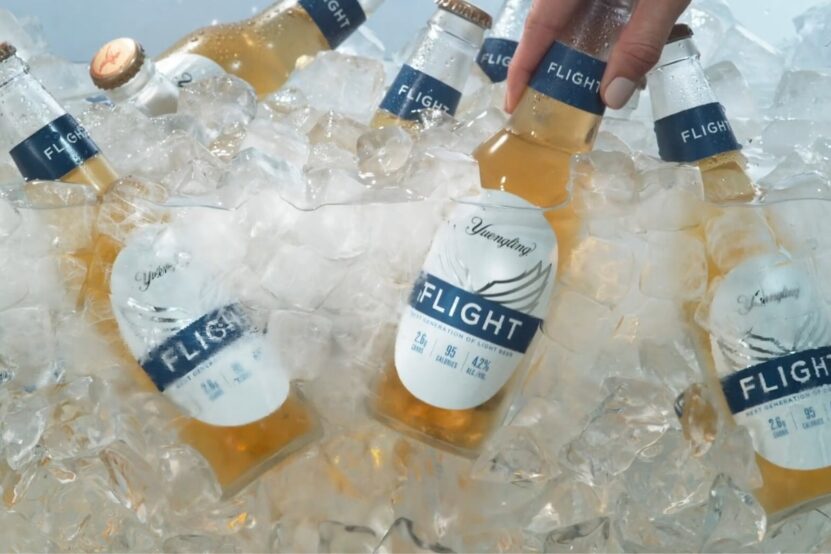
Given the vastness of the English-speaking world and the diversity of accents and dialects, it’s no surprise that Yuengling’s pronunciation can vary from region to region. Let’s explore some common regional variations and mispronunciations:
- Yueng-ling: A prevalent mispronunciation is the separation of the two syllables, resulting in “Yueng-ling.” This version mistakenly emphasizes the “ling” sound, neglecting the correct “Yoo-en” sound in the first syllable.
- Ying-ling: Another common error is pronouncing it as “Ying-ling,” which replaces the “u” sound with an “i” sound. This deviation from the correct phonetics alters the original pronunciation.
- Yoon-gling: In some regions, the “u” sound in the first syllable is pronounced as “oo,” leading to “Yoon-gling.” This variation can be attributed to regional accents and linguistic nuances.
- Yung-ling: A slight alteration that involves using a “u” sound similar to that in “young” can lead to “Yung-ling.” This version underemphasizes the “oo” sound and shifts the pronunciation.
The Brewery’s Official Pronunciation
When seeking the authoritative source for pronunciation, it’s wise to turn to the brewery itself. Dick Yuengling, the fifth-generation owner of the Yuengling Brewery, has been known to pronounce the name of the brewery as “Ying-ling.” This pronunciation aligns with the family’s German heritage and is widely regarded as the most accurate way to say the name. However, it’s essential to recognize that language evolves, and regional differences persist, leading to alternative pronunciations.
Navigating Linguistic Evolution
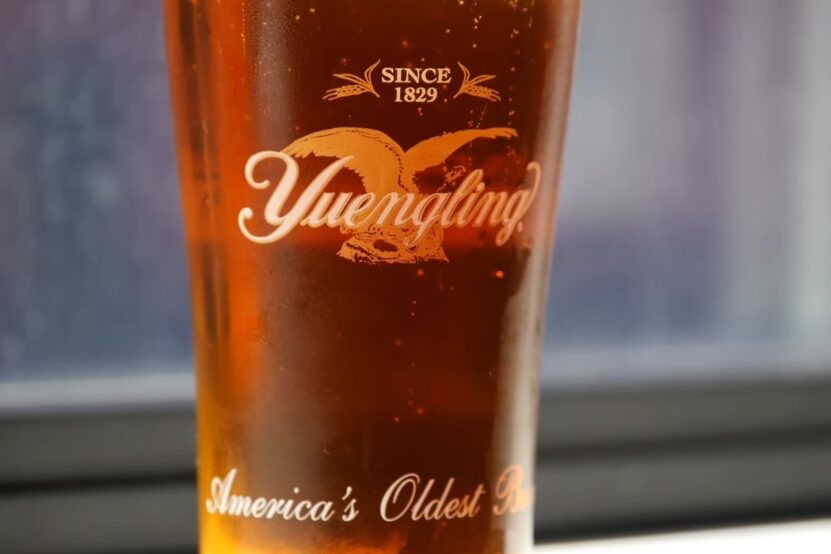
Languages, much like living organisms, are in a constant state of evolution. Their transformation is shaped by a myriad of influences, including geography, culture, historical migration, and social interactions. Yuengling’s pronunciation history vividly exemplifies this phenomenon. Rooted in the diverse linguistic tapestry of Pennsylvania, the brewery’s name has undergone a fascinating journey of adaptation and integration into various dialects and accents.
German Heritage
The cornerstone of Yuengling’s name lies in the heritage of the Yuengling family itself. Descending from German immigrants, the family’s linguistic heritage established a unique foundation for the pronunciation of their name. German phonetics, characterized by distinct vowel sounds and syllable emphasis, contrast with English pronunciation norms. This contrast is particularly evident in the “Ying-ling” pronunciation, where the “Ying” echoes the vowel sound present in the German language, and the “ling” reflects the influence of English phonology.
Understanding this German-English linguistic connection illuminates the intricacies of how the name has transformed over time. The amalgamation of German and English phonetic elements, further influenced by regional accents, has given rise to variations in pronunciation, each rooted in a distinct linguistic heritage.
Cultural Impact and the Ripple Effect
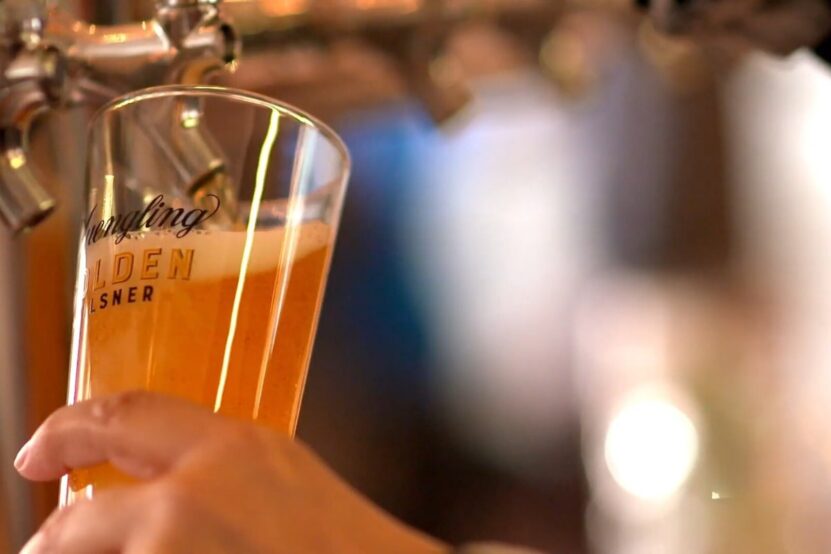
As Yuengling’s renown grew beyond the boundaries of Pennsylvania, its name embarked on a journey of cultural impact. The brewery’s popularity led to its introduction to diverse regions, each with its own linguistic nuances. This diffusion sparked the phenomenon of various communities adopting their own renditions of the name. These adaptations often became interwoven with local cultures and dialects, making them more than mere pronunciations—they became cultural artifacts.
In some locales, the pronunciation became a badge of identity, subtly reflecting regional affiliations and fostering a sense of belonging. Over time, these localized pronunciations became an integral part of the linguistic landscape, shaping how the name “Yuengling” is uttered in different corners of the world.
Embracing the Beauty of Diversity
Yuengling’s name serves as a microcosm of the global linguistic mosaic. The variations in its pronunciation remind us of the rich cultural diversity that thrives across linguistic communities. Rather than considering these differences as deviations or errors, embracing them can lead to a deeper understanding of the dynamism of language.
In a world interconnected by technology and travel, the diversity of pronunciations serves as a bridge that connects people, cultures, and histories. It encourages individuals to engage in conversations that celebrate linguistic evolution and the unique expressions of identity that arise from it.
Practical Tips for Pronunciation
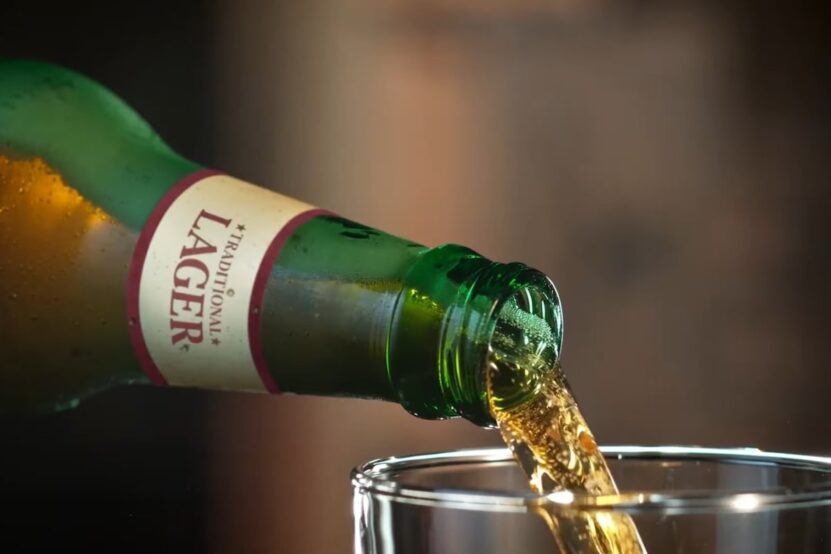
Mastering the proper pronunciation of “Yuengling” takes practice and attention to detail. Here are some practical tips to help you confidently pronounce this iconic name:
- Listen Carefully: Pay close attention to how native speakers pronounce Yuengling. Whether it’s by listening to brewery representatives or locals from different regions, immersing yourself in the correct pronunciation will familiarize you with the nuances.
- Break It Down: Focus on breaking the name into its two syllables, “Yuen” and “gling.” Practice pronouncing each syllable individually before combining them.
- Vowel Sounds: Emphasize the correct vowel sounds. Remember that the “Yuen” syllable should sound like “Yoo-en,” and the “gling” syllable should sound like “gling.”
- German Influence: Recognize the German heritage of the name and the “Ying-ling” pronunciation. This historical connection provides insight into the family’s preferred pronunciation.
- Cultural Appreciation: When encountering alternative pronunciations, approach them with an attitude of cultural appreciation rather than correction. Engaging in respectful conversations about language and culture can lead to enriching experiences.
FAQs
Why is the name “Yuengling” so difficult to pronounce?
The name “Yuengling” has an unconventional arrangement of letters, making it challenging to decipher its correct pronunciation. The unfamiliar combination of sounds in each syllable contributes to the complexity.
Is there an official pronunciation for “Yuengling”?
Yes, the fifth-generation owner of the Yuengling Brewery, Dick Yuengling, has been known to pronounce the name as “Ying-ling.” This pronunciation aligns with the family’s German heritage and is considered the most accurate.
Why are there regional variations in the pronunciation of “Yuengling”?
The diversity of accents and dialects across the English-speaking world leads to regional variations in pronunciation. The brewery’s Pennsylvania origins, along with its German heritage, have contributed to the range of ways people pronounce the name.
How can I practice and improve my pronunciation of “Yuengling”?
To improve your pronunciation, listen carefully to native speakers pronouncing the name, break it down into its two syllables (“Yuen” and “gling”), focus on the correct vowel sounds, and consider the German influence behind the name’s preferred “Ying-ling” pronunciation.
Can I use alternative pronunciations of “Yuengling” without causing offense?
Yes, using alternative pronunciations can be acceptable, as long as you approach them with cultural appreciation and respect for linguistic diversity. Engaging in conversations about language and its variations can lead to enriching interactions.
How does Yuengling’s history and heritage impact its pronunciation?
Yuengling’s German heritage plays a significant role in shaping the pronunciation of its name. The “Ying-ling” pronunciation is influenced by German phonetics. The brewery’s history, spread, and popularity have led to the emergence of regional adaptations that reflect local culture and identity.
Conclusion
Mastering the art of Yuengling pronunciation is more than just learning a word; it’s about understanding the intricate dance of history, language, and culture. From the brewery’s German roots to the diverse regional adaptations, the name “Yuengling” carries a story that resonates with people across the world.
By embracing linguistic diversity and respecting the various pronunciations, you’re not only enjoying a delicious beverage but also becoming part of a tapestry that connects generations, regions, and languages. So, the next time you raise a glass of Yuengling, do so with a newfound appreciation for the complexity behind its name. Cheers!
